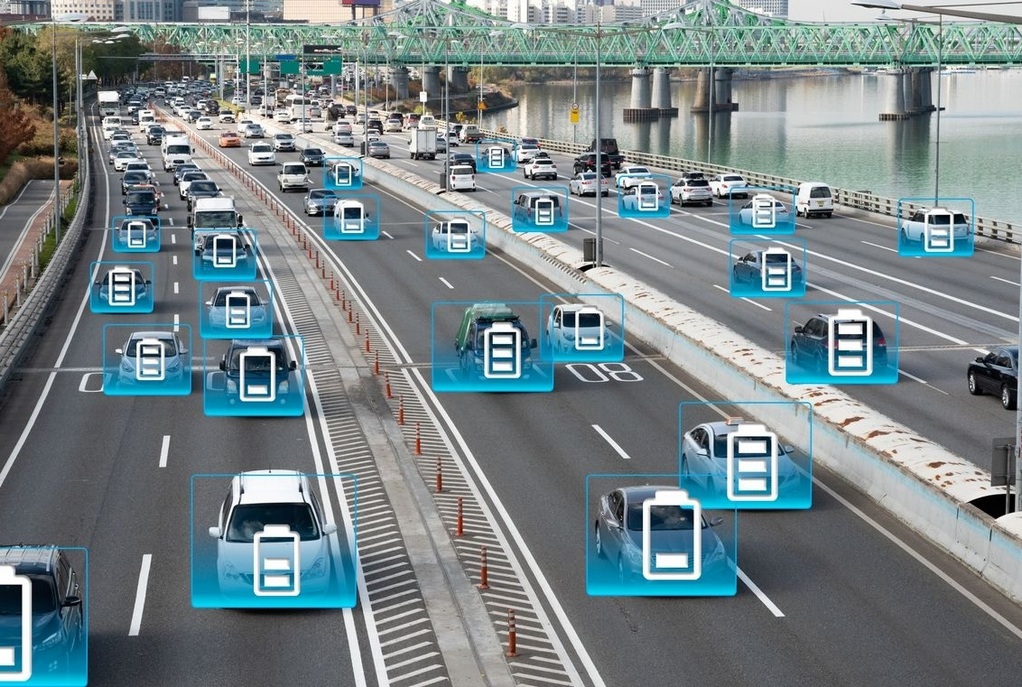The zero-pollution nature of hydrogen-fuelled vehicles makes them a better transportation option. However, the transportation sector also needs to switch to clean hydrogen, because production of hydrogen from fossil fuels is a big obstacle to the reduction of emissions despite it burning as a clean fuel.
In this scenario, India needs to go for renewable energy and electrify its transportation sector to transition to a decarbonised nation.
According to a NITI Aayog report, embracing green hydrogen will allow the country to cut 3.6 gigatonnes of carbon dioxide (CO2) emissions between 2020 and 2050. Additionally, it would save about $246 billion to $358 billion from the energy import of green hydrogen for the same period.
The central government policy think tank in its report further said that it is vital to ramp up green hydrogen fuel production as there is a possibility of domestic demand and export of green hydrogen is encouraging. But it is essential to achieve the required reduction in price.
Sustainable mobility goes hand in hand with sustainable development. Sustainable development was defined as development that meets the needs of the present without compromising the ability of future generations to meet their own needs.
Mobility as a sector does not have a Sustainable Development Goal of its own. However, it is crucial to achieve these goals to achieve sustained growth and development.
Towards achieving these goals, in the country, the Prime Minister of India launched the National Hydrogen Energy Mission of India in August 2021. It provides a roadmap for using hydrogen as a source of energy.
During the 2021-22 budget, $18.79 million (Rs 1,500 crore) was allocated towards renewable energy generation and the National Hydrogen Mission. The government of India conceptualised a Green Hydrogen Policy for compliance by the stakeholders in continuation to the National Hydrogen Mission.
The foundation stone for the country’s first green mobility project was laid by the PM in Leh July 30, 2022. The project is expected to be established in a year. The objective of the pilot project is to deploy five fuel cell buses running around Leh.
This would be the first use of fuel cells for public purposes. Another pilot project of green hydrogen blending at National Thermal Power Corporation Ltd in Kawas would be the first such project in the country, reducing the burden on natural gas.
Challenges like policy and regulations, supply chain management, and higher costs also plague the hydrogen economy.
The generation of green hydrogen involves much higher costs than its generation using fossil fuels. Falling prices of renewable energy and the lowering economy make it a viable option, but there is still a long way to go to create such an ecosystem in the country.
Tags: decarbonised nation, Ecosystem, Fossil Fuels, Future Fuel, Green Hydrogen, Hydrogen fuel, Niti Aayog, renewable energy generation, Sustainable Development Goal, Sustainable mobility



Recent Posts
Hygenco Commissions Maharashtra’s First Green Hydrogen and Oxygen Facility to Power STL’s Net Zero Goals
India Invites Second Round of R&D Proposals Under ₹4 Billion Green Hydrogen Mission
BMTC Adds 148 Tata Electric Buses to Bengaluru Fleet, Strengthens Green Mobility Drive
MITSUI E&S Deploys Hydrogen Fuel-Cell RTG Crane at Yokohama’s Minami Honmoku Terminal
WinGD’s first ammonia-fuelled engine installed on EXMAR vessels
DP World and Asian Terminals Inc deploy first fleet of electric internal transfer vehicles in the Philippines
Lloyd’s Register Decarbonisation Hub Joins Mærsk Mc-Kinney Møller Center as Knowledge Partner
Wärtsilä engines selected to deliver reliable power for US data center